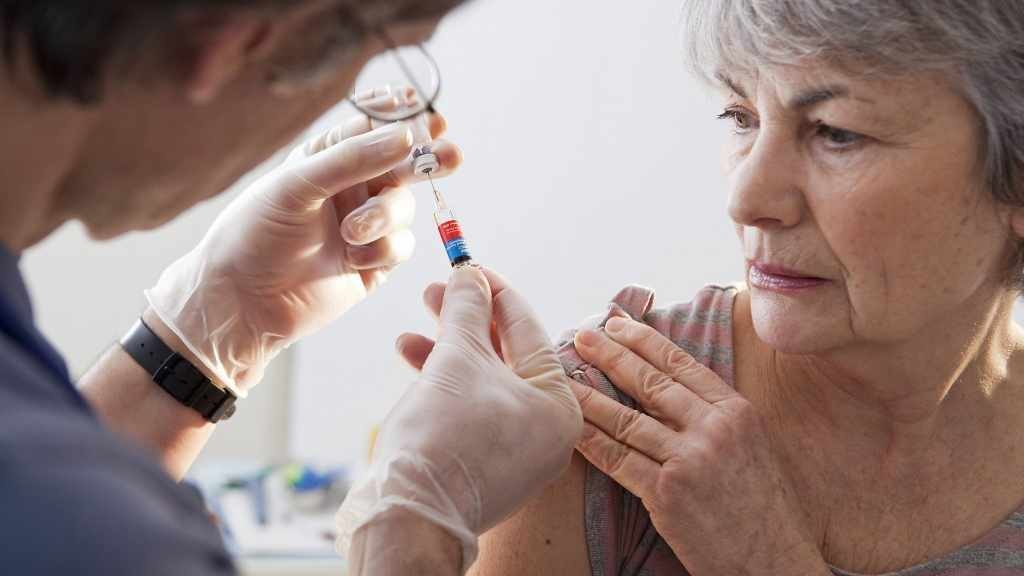
Measles infections in the U.S. continue to climb. The Centers for Disease Control and Prevention reports 764 cases of measles in 23 states in 2019.
"This is the highest number of measles cases that we've had in the last 25 years in the U.S.," says Dr. Gregory Poland, director of the Mayo Clinic Vaccine Research Group. "In the year 2000, it was declared eliminated. That's different than eradicated but eliminated, meaning there was no virus circulating in the U.S."
Measles is a highly contagious viral infection and preventable with a vaccine. It's routinely given to children as part of the measles, mumps and rubella (MMR) vaccine.
But do adults need to be vaccinated?
"If you were born before 1957, you're fine because almost certainly you had measles as a child and when you have the disease, you have lifelong immunity." Dr. Poland says many people in the U.S. born after 1957 received one dose of the measles vaccine. "If you're in an outbreak, in a place where you're at risk of being exposed, you need a second dose."
Watch: Dr. Gregory Poland discusses measles vaccine.
Journalists: Broadcast-quality sound bites with Dr. Gregory Poland are in the downloads at the end of the post. Please "Courtesy: Mayo Clinic News Network."
The MMR vaccine schedule for kids is normally a single dose at age 1 and then a second dose when children begin school — at ages 4 – 6.
"Because of these outbreaks and because of the severity of this disease in the areas where outbreaks are occurring, the current recommendation is that baby gets a dose at 6 months, at 12 months, and a third dose at school entry," says Dr. Poland. "That's not the normal schedule. It's a schedule during an outbreak."
Adults who are not sure if they need another dose of the measles vaccine are encouraged to speak with their health care provider. A second or third dose won't cause any harm says Dr. Poland. But he says that adults should "pay attention to what was your vaccine history when you were born, where you live, and what risk do you face."
Measles complications can be deadly. Common complications may include ear infection, pneumonia and encephalitis, which can result in permanent brain damage.
Measles signs and symptoms appear around 10 – 14 days after exposure to the virus and typically include:
- Dry cough
- Coryza, including runny nose
- Inflamed eyes (conjunctivitis)
- Sore throat
- Fever
- Tiny white spots with bluish-white centers on a red background found inside the mouth on the inner lining of the cheek — also called Koplik's spots
- A skin rash made up of large, flat blotches that often flow into one another
There is no cure for measles.







